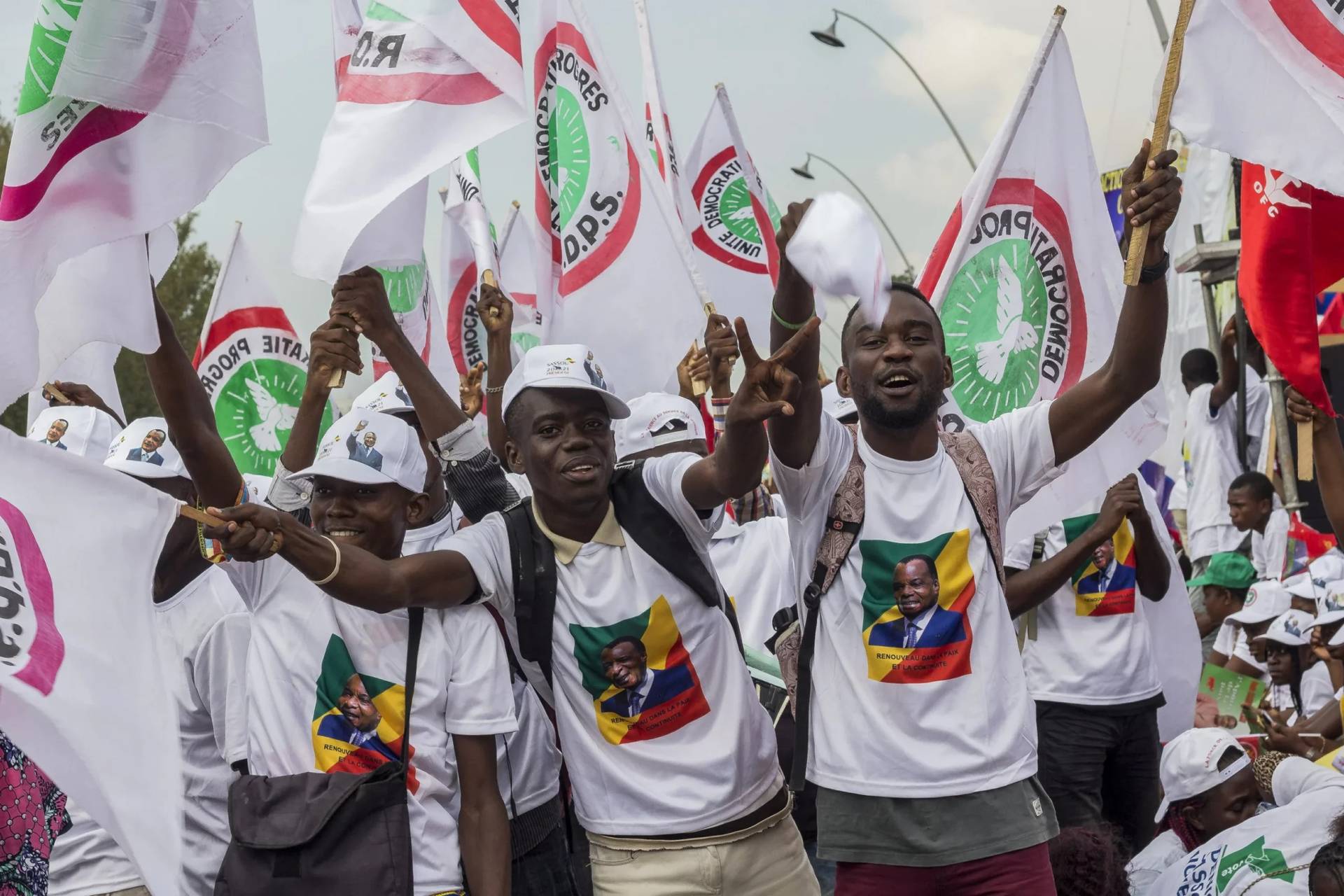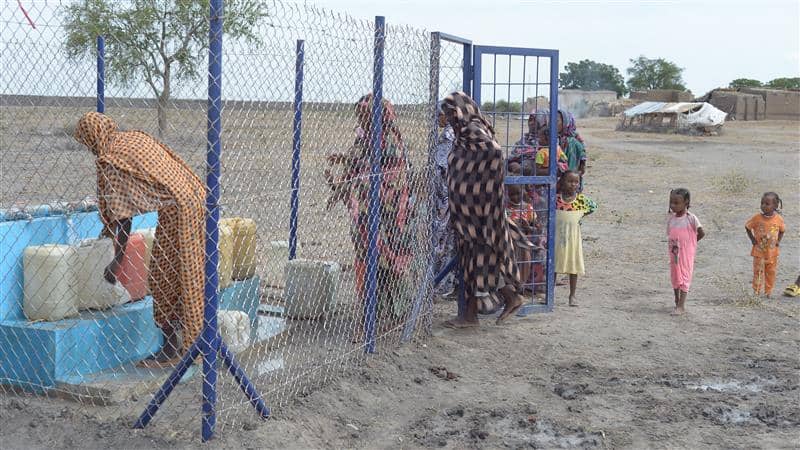YAOUNDÉ, Cameroon – A plan by Ghana’s government to tax churches involved in money-making ventures has met with mixed reactions from the country’s religious authorities.
The Commissioner for the Revenue Authority (GRA), Kofi Nti said church activities which fall outside the legal remit of the church’s operations will be taxed, noting that the activities of all churches across the country will be investigated so they are taxed based on their commercial activities.
According to the former president of Ghana’s Catholic bishops’ conference, Bishop Joseph Osei-Bonsu of the Diocese of Konongo-Mampong, it is normal to tax church activities that generate income, but tithing must not fall into that category.
“So if a church has a factory or provides transport services, then of course that is doing business and that one should be taxed. But the normal collection we take in the church for the revenue of the church; that one should not be taxed,” he told Citi News.
The bishop advised that the government needs to take a look into the activities of various churches to ensure that only “what constitutes business” is taxed.
“They will have to look into the various scenarios, they can’t just make it a blanket thing that we are going to tax churches. They have to look into the various churches; what exactly they do, what constitutes business and so on and if they are doing business then they can be taxed,” Osei-Bonsu said.
The country’s president, Nana Akufo-Addo, has welcomed the development, saying that it is not difficult to see why there are increasing calls for churches to be taxed. “It is not surprising that there are calls for taxes to be imposed on church income. When you step out of the charity mandate, out of education, out of healthcare, you are putting yourself in the line of the tax sphere,” he said.
He said the Church, which was known for its charity and projects in education and healthcare and other social interventions, has now shifted to the sphere of prosperity, and therefore deserves to be taxed. And his argument is bolstered by the open display of affluence displayed by some church leaders.
Ghana has an increasing number of evangelical “health and wealth Gospel” churches, which promise their followers riches in this life as a sign of blessing.
“The public looks on as some of the churches appear to forget about the poor and vulnerable in society and concentrate on being outrageous,” the president said.
But everyone isn’t comfortable with that reasoning. In an opinion piece published on his Facebook page and picked up by several news organizations, Bishop Fidel Owusu-Agyei of the ecumenical board of the Council of Faith Ghana and Worldwide described the idea of taxing churches as an “abominable act.”
Noting that 70 percent of Ghana’s more than 28 million people are Christians, the protestant bishop argued that it would be absurd to heap additional tax on people who contribute significantly to the country’s economy and added it would be a violation of the country’s constitution.
“The Government has made pronouncements on the decision to impose tax on churches based on the claim that businesses are executed in the Church,” he writes.
“The Registrar General’s department underscores that a church is registered under ‘Limited by Guarantee.’ Any company registered under ‘Limited by Guarantee’ is exempt of tax by the constitution. Are we saying that the Government doesn’t comply with the constitution of this land or the constitution of Ghana must be amended?”
He said there were church leaders who exploit their followers but insisted that “it is the government’s duty to intermittently seek the interests of the Ghanaian church-goer and not impose a tax system on the Church as a whole.”
Despite Owusu-Agyei’s objections, several mainline Christian churches and Muslim groups have endorsed the plan.
Osei Bonsu has even called for a regulatory body to standardize activities of churches in the country, saying it would have prevented many cases of financial misappropriation in some churches.
“If we want government to come out with a rule for controlling the churches, what probably can be done is for the various religious bodies such as the Christian Council of Ghana, to constitute a body that can look after religious affairs,” the Catholic bishop told Citi News.
“Certainly, if people break rules in the course of church services…there are rules that are broken, criminal acts… such a body can ensure that these things are not done.”


















